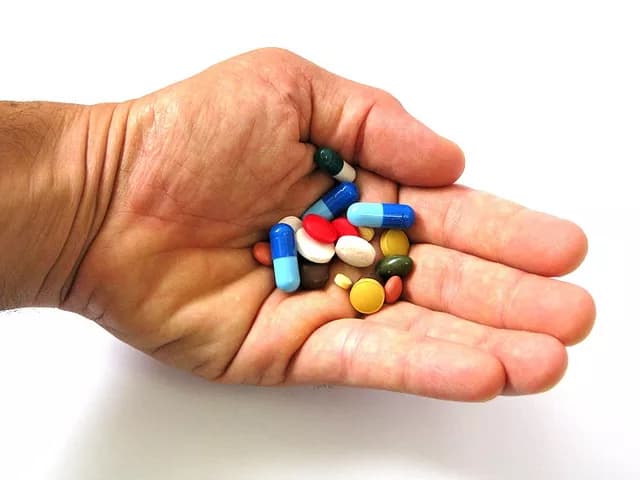Regular cocaine and methamphetamine users can have difficulty choosing between right and wrong, perhaps because the specific parts of their brains used for moral processing and evaluating emotions are damaged by their prolonged drug habits. This is according to a study among prison inmates by Samantha Fede and Dr. Kent Kiehl's laboratory at the University of New Mexico and the nonprofit Mind Research Network. The findings of the study, which was funded by the National Institute on Drug Abuse, are published in Springer's journalPsychopharmacology.
Research has shown that stimulant users often find it difficult to identify other people's emotions, particularly fear, and to show empathy. These aspects play an important role in moral decision making. Other studies have pointed to structural and functional abnormalities in especially the frontal regions of their brains among stimulant users. These areas are engaged when moral judgments have to be made.
There is strong link between drug use and criminal behavior, and up to 75 percent of inmates in the US have substance abuse problems. It is not known whether the criminal behavior is in part a result of the drugs' effects on brain function.
Kiehl's team is the first to examine how the neural networks and brain functioning of chronic cocaine and methamphetamine users in US jails relate to their ability to evaluate and decide about moral situations or scenarios. Poor judgment about moral situations can lead to poor decision making and subsequent antisocial behavior.
The researchers recorded the life history of substance abuse of 131 cocaine and methamphetamine users and 80 non-users incarcerated in New Mexico and Wisconsin prisons. The participants' brains were scanned while they completed a moral decision-making task in which they evaluated whether certain phrases were morally wrong or not.
Compared to the non-users, the regular stimulant users had abnormal neural activity in the frontal lobes and limbic regions of their brains during moral processing. Specifically, lifetime stimulant users showed less activity in the amygdala, a group of neurons in the brain that helps to regulate and understand emotions. The researchers also observed a relationship in the level of engagement of the anterior cingulate cortex: the longer people had been using stimulants, the less activity in this region. This is an area of the brain that coordinates reinforcement, effect and executive action needed in moral decision making.
"This is the first study to suggest impairments in the neural systems of moral processing in both cocaine and methamphetamine users," says lead author Fede. "Although further research into the connectivity of systems in stimulant use is needed, this provides promising initial understanding of fronto-limbic deficits in stimulant users."
The research team acknowledges that people who are prone to regular stimulant use might already struggle with moral processing even before they begin to use drugs such as cocaine. The effects found related to use over time in the anterior cingulate cortex and the ventromedial prefrontal cortex, another region implicated in moral decision making, however, indicate that methamphetamine and cocaine may have a serious impact on the brain.
An editorial on this topic is also available online in Psychopharmacology.
The above post is reprinted from materials provided by Springer. Note: Content may be edited for style and length.
Disclaimer: DoveMed is not responsible for the adapted accuracy of news releases posted to DoveMed by contributing universities and institutions.
Primary Resource:
- Fede, S. J., Harenski, C. L., Borg, J. S., Sinnott-Armstrong, W., Rao, V., Caldwell, B. M., ... & Kiehl, K. A. (2016). Abnormal fronto-limbic engagement in incarcerated stimulant users during moral processing.Psychopharmacology, 1-11.
- Blackwood, N. J., & Howes, O. D. (2016). Fronto-limbic engagement during moral processing in stimulant users. Psychopharmacology, 1-2.
Related Articles
Test Your Knowledge
Asked by users
Related Centers
Related Specialties
Related Physicians
Related Procedures
Related Resources
Join DoveHubs
and connect with fellow professionals


0 Comments
Please log in to post a comment.